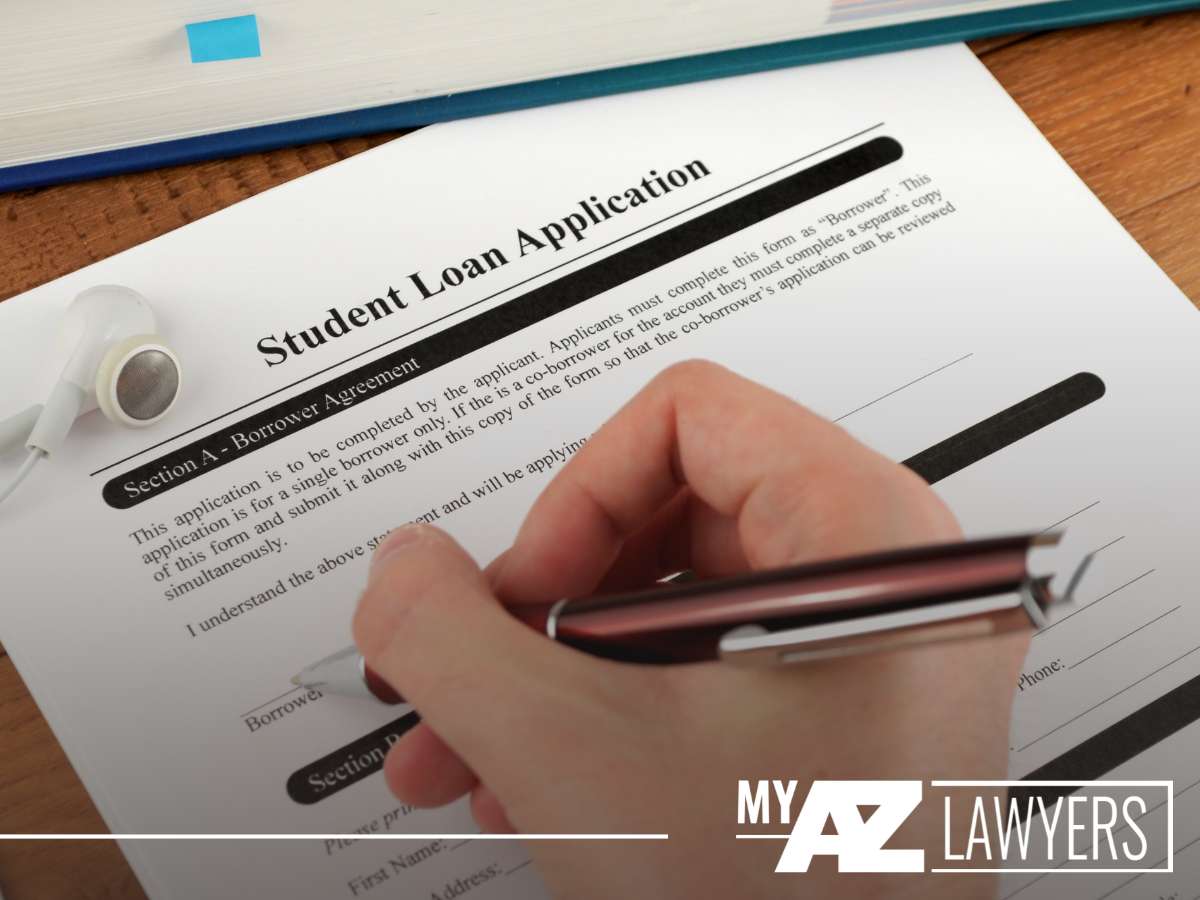Student Loan Debt And Homeownership: A Realistic Look

Table of Contents
Understanding the Impact of Student Loan Debt on Homeownership
Student loan payments significantly impact your ability to buy a home, primarily by affecting your debt-to-income ratio (DTI). Your DTI is a crucial factor lenders consider when assessing your mortgage application. A high DTI indicates a larger portion of your income is already committed to debt repayment, leaving less for mortgage payments.
- High DTI limits loan eligibility: Lenders are hesitant to approve mortgages for borrowers with high DTIs, as it suggests a higher risk of default. Aim for a DTI below 43% for better chances of approval. Managing student loan debt effectively is therefore crucial in improving your DTI.
- Lenders assess your ability to manage both loan repayments and mortgage payments: Lenders carefully analyze your ability to handle both your existing student loan payments and the added responsibility of a mortgage. They want to ensure you can comfortably meet all your financial obligations. This requires meticulous budgeting and financial planning.
- Student loan debt can impact your credit score, affecting interest rates: Missed or late student loan payments negatively affect your credit score, making it harder to secure a mortgage with favorable interest rates. A lower credit score typically results in higher interest rates, increasing the overall cost of your mortgage. Maintaining a good credit score is paramount for achieving favorable mortgage terms.
Beyond the financial aspects, significant student loan debt can also have a psychological impact. The fear of overwhelming financial burden can delay or prevent many from even considering homeownership. This emotional toll should not be underestimated when planning your financial future.
Strategies for Managing Student Loan Debt While Saving for a Home
Effectively managing your student loan debt is key to freeing up funds for homeownership savings. Several strategies can help:
- Explore different repayment plans: The federal government offers various student loan repayment plans, each with its implications for your budget and homeownership timeline.
- Income-driven repayment (IDR) plans: These plans adjust your monthly payments based on your income and family size, potentially lowering your monthly payments and freeing up cash flow for savings. However, you may end up paying more in interest over the loan's lifetime.
- Standard repayment plans: These plans typically involve fixed monthly payments over a 10-year period. While this might seem more straightforward, the higher monthly payments can restrict your savings potential.
- Extended repayment plans: These plans stretch your repayment period, leading to lower monthly payments but higher overall interest costs. Carefully weigh the pros and cons before opting for this.
- Consolidation: Consolidating your student loans into a single loan can simplify repayment and potentially lower your interest rate, depending on your creditworthiness and market rates. This can improve your DTI and make you a more attractive candidate for a mortgage.
- Refinancing: Refinancing your student loans with a private lender could potentially secure a lower interest rate, reducing your monthly payments. However, this option is often only viable if you have a good credit score.
- Create a realistic budget: A well-structured budget is crucial. Track your income and expenses meticulously, allocating funds towards student loan repayment, homeownership savings, and essential living expenses. This disciplined approach is essential for both managing debt and saving for a down payment.
Alternative Pathways to Homeownership with Student Loan Debt
Even with substantial student loan debt, homeownership remains attainable through several alternative approaches:
- Down payment assistance programs: Many local and national programs offer down payment assistance to first-time homebuyers, reducing the upfront cost of purchasing a home. Research these programs thoroughly to see if you qualify.
- FHA loans: These government-backed loans often require lower down payments (as low as 3.5%) than conventional loans, making homeownership more accessible to borrowers with student loan debt. FHA loans also typically have less stringent credit score requirements.
- Co-signing a mortgage: If you have a family member or friend with a strong credit history, they might be willing to co-sign your mortgage. This can significantly improve your chances of approval, even with a less-than-perfect credit score. However, remember that this also involves shared responsibility for the mortgage.
- Rent longer to save: If immediate homeownership isn't feasible, consider renting for a longer period while aggressively saving for a larger down payment. This approach allows you to improve your credit score and reduce your DTI before purchasing a home.
The Importance of Credit Score Improvement
A good credit score is paramount when securing favorable mortgage terms. Actively work on improving your credit score:
- Pay down debt aggressively: Focus on paying down high-interest debt, including your student loans, as quickly as possible. This demonstrates responsible financial behavior to lenders.
- Maintain consistent payment history: Make all your payments on time, consistently, for all accounts, including credit cards and student loans. This is the most significant factor affecting your credit score.
- Monitor your credit report regularly: Regularly check your credit report for any errors and dispute them immediately. Addressing inaccuracies ensures your credit score reflects your true financial standing.
Conclusion
Balancing student loan debt and homeownership aspirations presents significant challenges. However, understanding your debt, creating a realistic budget, and exploring available resources like down payment assistance programs and FHA loans can make homeownership achievable. Don't let student loan debt derail your dream of homeownership! Take control of your finances by exploring the strategies outlined in this article and start planning your path to owning a home. Begin by assessing your current financial situation and exploring different repayment options for your student loans. Remember, with careful planning and resourcefulness, homeownership is achievable, even with student loan debt.

Featured Posts
-
 Student Loan Debt And Homeownership A Realistic Look
May 17, 2025
Student Loan Debt And Homeownership A Realistic Look
May 17, 2025 -
 Mlb Betting Yankees Vs Mariners Predictions And Best Odds Today
May 17, 2025
Mlb Betting Yankees Vs Mariners Predictions And Best Odds Today
May 17, 2025 -
 All Conference Track And Field A Roundup Of Award Winners
May 17, 2025
All Conference Track And Field A Roundup Of Award Winners
May 17, 2025 -
 Analyzing Setbacks A Weekly Review Of Business Challenges
May 17, 2025
Analyzing Setbacks A Weekly Review Of Business Challenges
May 17, 2025 -
 Controversial Foul Call Missed By Nba Refs In Knicks Pistons Game
May 17, 2025
Controversial Foul Call Missed By Nba Refs In Knicks Pistons Game
May 17, 2025
Latest Posts
-
 Jeffrey Dean Morgan On Negans Fortnite Role An Exclusive Interview
May 17, 2025
Jeffrey Dean Morgan On Negans Fortnite Role An Exclusive Interview
May 17, 2025 -
 Unlocking All Fortnite Teenage Mutant Ninja Turtles Skins
May 17, 2025
Unlocking All Fortnite Teenage Mutant Ninja Turtles Skins
May 17, 2025 -
 How To Obtain All Fortnite Tmnt Skins A Step By Step Guide
May 17, 2025
How To Obtain All Fortnite Tmnt Skins A Step By Step Guide
May 17, 2025 -
 Fortnite Tmnt Skins Locations Challenges And Unlock Methods
May 17, 2025
Fortnite Tmnt Skins Locations Challenges And Unlock Methods
May 17, 2025 -
 All Fortnite Tmnt Skins Complete Guide And How To Get Them
May 17, 2025
All Fortnite Tmnt Skins Complete Guide And How To Get Them
May 17, 2025
